Programs & Projects
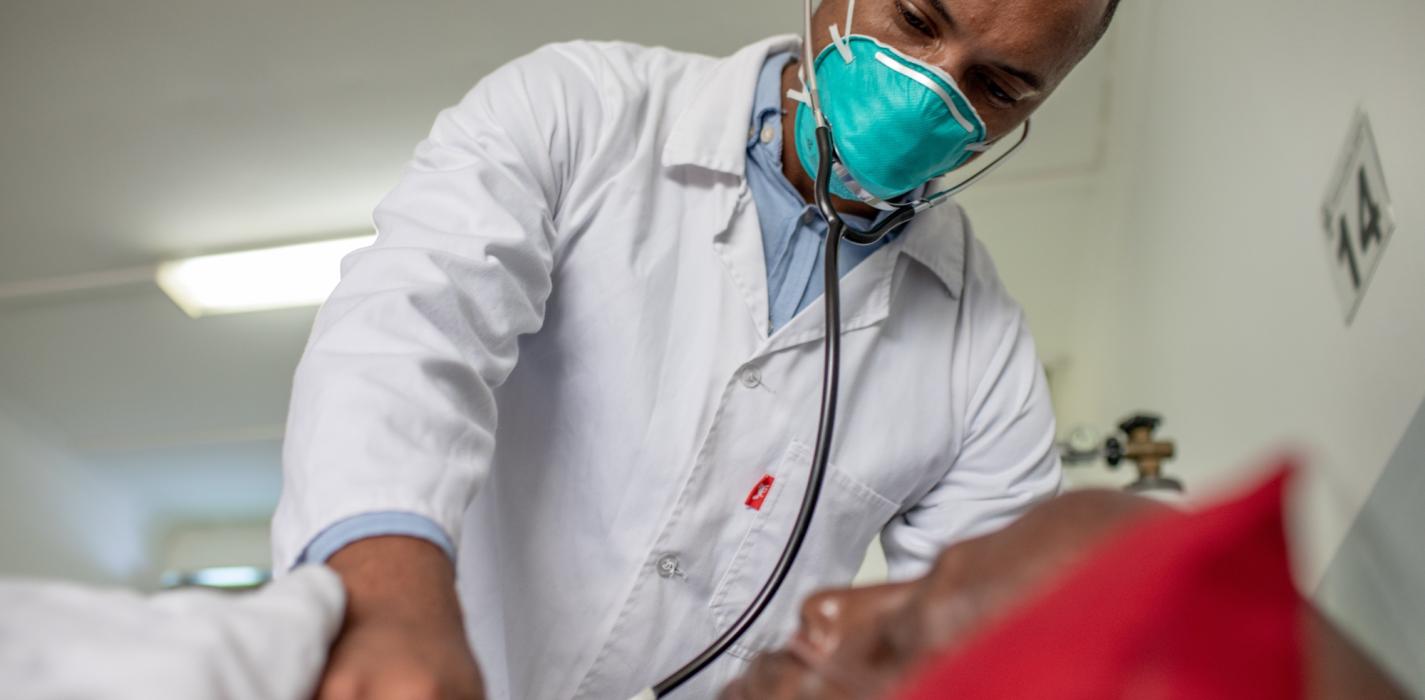

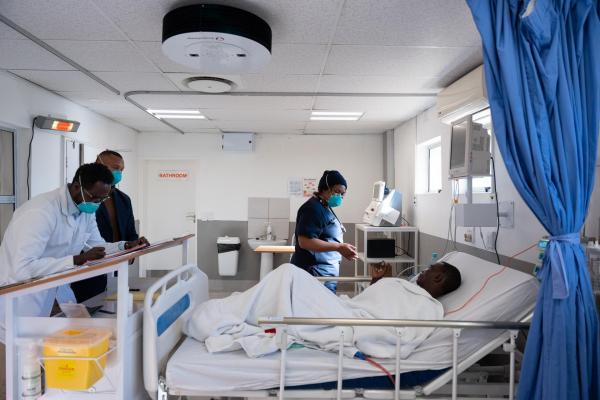
PIH Lesotho treats stable patients through community model of care. Very sick patients are admitted at Botšabelo hospital and Extended care is offered at halfway homes (Malaeneng).
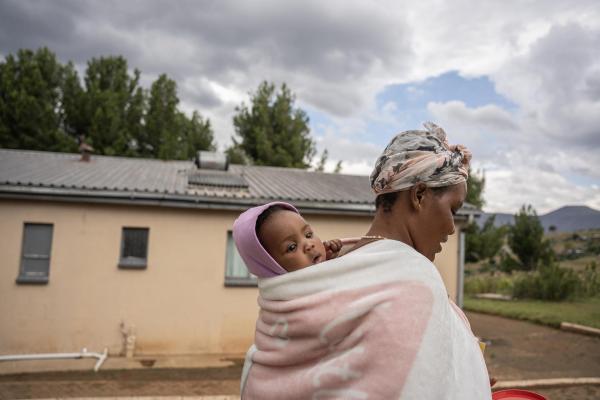
Partners In Health Lesotho clinics provide comprehensive Maternal and Child Health Services, including Antenatal Care, Perinatal Care, Postnatal Care, Family Planning, Cervical Cancer Screening, and Immunization.

Lesotho’s mental health point prevalence is 20.8%, which translates to nearly one-fifth of the population experiencing mental illness.
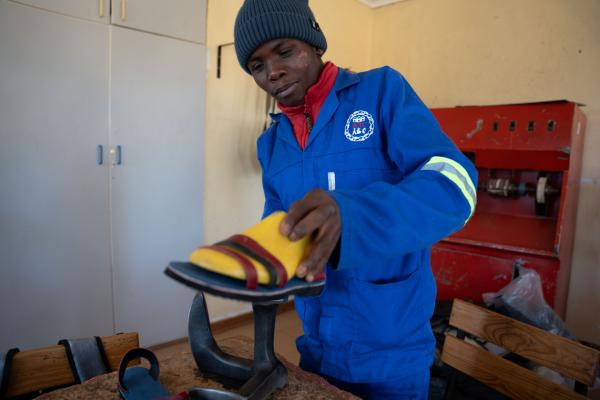
The PIH Orphans and Vulnerable Children (OVC) program is designed to support children under the age of 18 who have lost one or both parents - particularly those whose parents have died from multidrug-resistant tuberculosis (MDR-TB) and/or are at risk due to neglect or abandonment.

Before the COVID-19 pandemic, Lesotho was importing oxygen from South Africa. As a response to the global COVID-19 pandemic, PIH Lesotho constructed an oxygen plant to increase accessibility of medical oxygen.
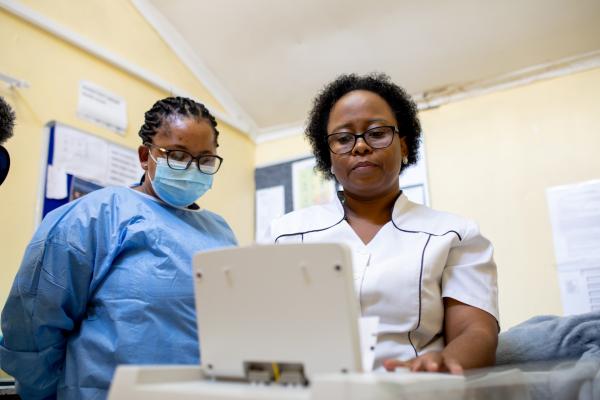
Rural Initiative (RI) was launched in 2006 to support HIV care and treatment in 7 rural health facilities; Nohana, Nkau, Bobete, Methalaneng, Manamaneng, Tlhanyaku, Lebakeng in the most hard-to-reach mountainous areas of the country. The health facilities are located in four districts of Mokhotlong, Thaba Tseka, Qacha’s Nek and Mohale’s Hoek.
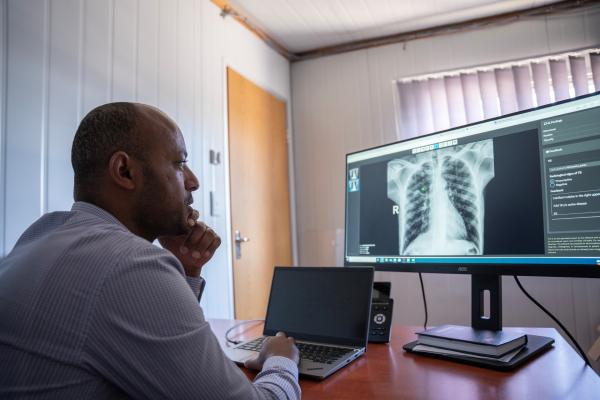
The TB Elimination Project is a strategic initiative aimed at achieving tuberculosis elimination by implementing the innovative “Search, Treat, and Prevent” approach in targeted areas. Over five years, PIH Lesotho seeks to detect and treat an additional 5,151 people with TB, significantly reducing TB incidence and advancing toward national elimination goals.